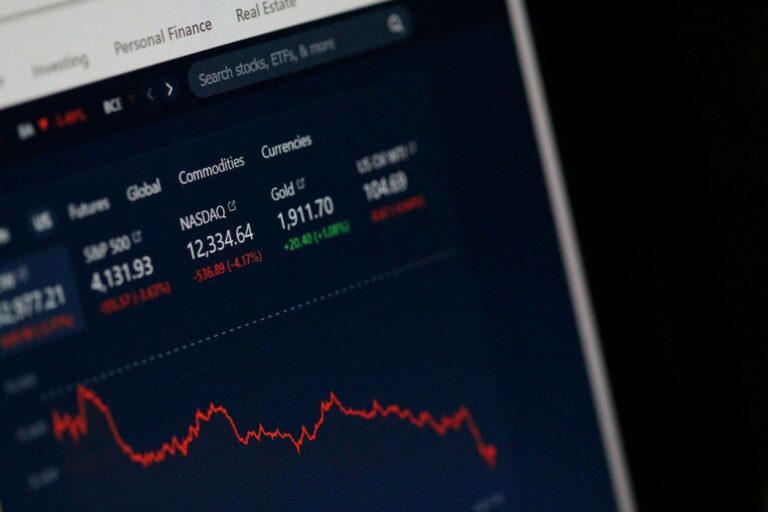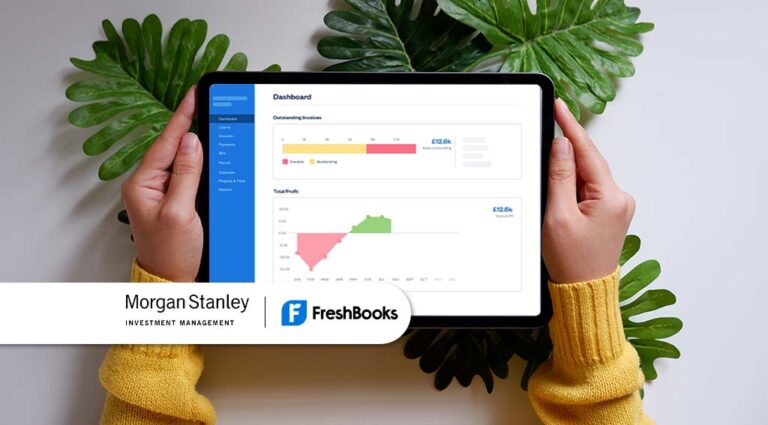How Financial Institutions Play a Crucial Role in Detecting and Combating Human Trafficking
Human trafficking remains a pervasive issue, generating approximately $150 billion annually. This alarming statistic highlights the infiltration of trafficking operations into global financial systems, impacting banks, payment platforms, and various supply chains. Despite this, many financial professionals are inadequately trained to recognize the signs of trafficking, creating a significant challenge in combating this crime.
Challenges in Financial Monitoring of Human Trafficking
According to insights shared at a recent conference, a speaker emphasized the need for financial professionals to improve their understanding of victim support and law enforcement collaboration. They stated, “We are experts in data, but not in working with victims or law enforcement.” This gap not only represents a failure in human rights but also highlights deficiencies in financial crime monitoring.
Disparities in Attention: Labor vs. Drug Trafficking
Unlike drug trafficking and terrorism, which receive substantial oversight from financial regulatory bodies, labor trafficking often goes unnoticed. To effectively address this issue, the financial sector must enhance its toolkit.
- Artificial Intelligence (AI): While AI can help detect unusual transaction patterns, it cannot stand alone as a solution.
- Collaborative Approach: Combating trafficking requires a partnership involving law enforcement, policymakers, and trafficking specialists.
Innovative Initiatives in Financial Monitoring
During the Convergence conference, an exemplary initiative was presented by Quantifind in partnership with Polaris. This collaboration aims to deepen the understanding of trafficking typologies, thereby enhancing AI-driven financial monitoring tools.
Potential Impact of Enhanced Monitoring
The pressing question is: if businesses faced strict penalties for forced labor in their supply chains, would they still ignore the issue? Additionally, imagine if banks could identify trafficking activities in real-time—how many victims could be saved?
- Financial Institutions at Risk: Banks are already facing severe fines for ineffective controls that fail to address trafficking and other financial crimes.
- Call for Accountability: The momentum for accountability is growing, urging the banking industry to prioritize human rights alongside financial interests.
By enhancing their focus on human trafficking and implementing better monitoring systems, financial institutions can play a crucial role in combating this global crisis. For more on human rights initiatives, visit the United Nations Human Rights page.







